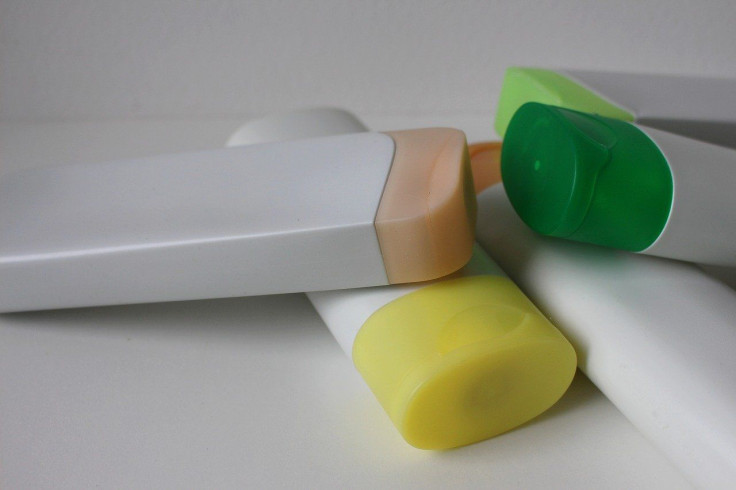Plastic Is Not On The Menu, But You’re Eating It Anyways: Study
While you would never intentionally eat plastic, you are consuming it nearly every day – 5 grams a week in small particles, according to a new study
The study, which was published in the journal Exposure & Health, examined the effects of microplastics and nanoplastics on the body.
Microplastics – plastics ranging from 0.0001 to 5 millimeters in size – and nanoplastics – plastics less than 0.0001 millimeters in size - have been making their way into food and water from packaging waste, researchers of the study from the Medical University of Vienna discovered.
“On average we ingest five grams of MPs [micro and nanoplastics] per week per person [roughly corresponding to the mass of a credit card] depending on the region in which we live, our lifestyle, and diet,” researchers of the study said.
The study found that just drinking water from plastic bottles can introduce a ton of plastic particles into the body. A person that drinks 1.5 to 2 liters of water from plastic bottles a day is exposed to 90,000 plastic particles a year, while those who drink the same amount of tap water ingest 40,000 plastic particles a year.
These tiny plastics can alter gut microbiome composition and have been linked to metabolic diseases such as obesity, diabetes and chronic liver disease. The plastic particles can make their way into human gut tissue, causing an immune response, inflammation and even develop into cancer, researchers said.
While it may be impossible to totally eliminate plastics from everyday life, researchers warn that the effects of plastics on the body “could be a health risk that may be irreversible” – a problem that the next generation will have to suffer the effects of, which are not fully understood at this time.
“Despite all of this evidence, plastics will remain an irreplaceable part of daily life for the time being,” researchers said.
They concluded, “More detailed research on how MNPs [micro and nanoplastics] affect the structures and processes of the human body, and whether and how MNPs can transform cells and induce carcinogenesis is urgently needed, particularly in light of the exponential increase in plastic production and the ensuing accumulation of non-degradable MNPs, the problem is becoming more urgent with each day.”

© Copyright IBTimes 2024. All rights reserved.




















